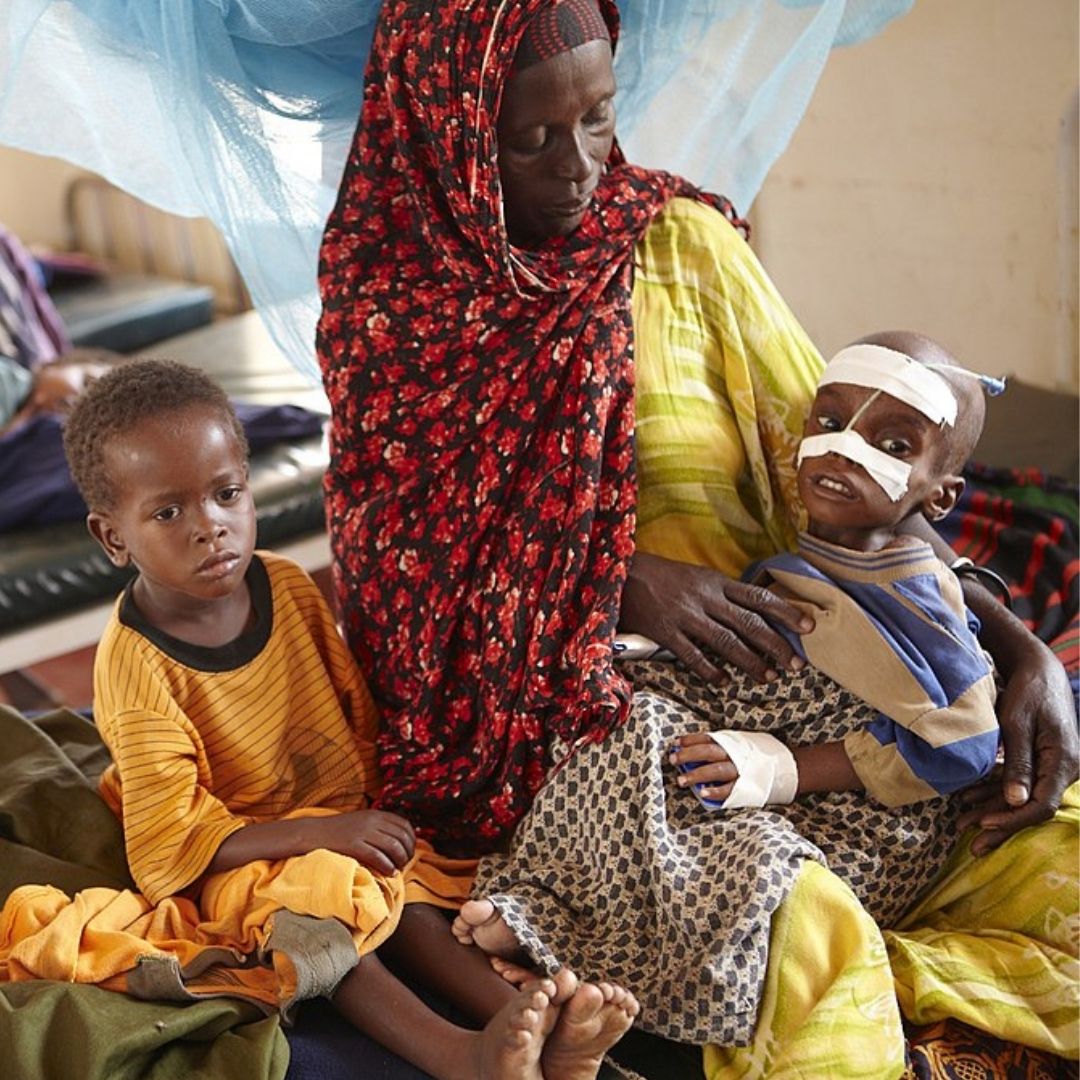
Image Credits: Wikipedia
Concerning! Household Out-Of-Pocket Expenses On Health Services Plunge 55 Million Indians Into Poverty
Writer: Tashafi Nazir
For most people, journalism sounds hectic and chaotic. For her, it's a passion she has been chasing for years. With an extensive media background, Tashafi believes in putting efforts on presenting a simple incident in the most interesting way.
India, 6 April 2022 8:15 AM GMT
Editor : Snehadri Sarkar |
While he is a massive sports fanatic, his interest also lies in mainstream news and nitpicking trending and less talked about everyday issues.
Creatives : Tashafi Nazir
For most people, journalism sounds hectic and chaotic. For her, it's a passion she has been chasing for years. With an extensive media background, Tashafi believes in putting efforts on presenting a simple incident in the most interesting way.
Despite India's billing as the ‘pharmacy of the world', its population’s access to medicines is sharply restricted as around 65% of all health spending is in the form of OOP by households, two-thirds of it on drugs.
Household Out-Of-Pocket (OOP) expenses on healthcare services, especially medicines, continue to push more than 55 million people in India into poverty, with over 18 per cent of households incurring catastrophic levels of health expenditures annually.
According to a World Health Organisation (WHO) report published by the Asia Pacific Observatory on Health Systems and Policies based at WHO South-East Asia, despite India's billing as the 'pharmacy of the world', its population's access to medicines is sharply restricted as around 65 per cent of all health spending is in the form of OOP by households, two-thirds of it on drugs.
Two-Thirds Of OOP Expenses For Purchasing Outpatient Care
Released on March 30, the report stated that sustained underfunding of public sector facilities and the rapid growth of private sector providers contributed to increasing OOP costs in health care. A significant share, nearly two-thirds of OOP expenses, are for purchasing outpatient care, especially medicines, The New Indian Express reported.
Citing Tamil Nadu Medical Services Corporation (TNMSC) as an "excellent example" for developing an innovative centralised procurement system alongside a decentralised distribution mechanism, the report stated a reasonable share of government funds goes for buying medicines, primarily essential generic medicines, which is evidence has shown has helped in controlling OOP expenditure on medicines.
The report said that states like Rajasthan and Kerala have followed this model and have reached similar gains.
However, it added that Tamil Nadu needs to expand its basket of medicines to cover non-communicable diseases and other chronic conditions.
Dr Sakthivel Selvaraj, the report's lead writer, said government spending must be accelerated to 2-2.5 per cent of GDP, and a minimum of 15 per cent of government spending on healthcare must be spent on medicine procurement mainly generic medicines.
Also Read: 10-Yr-Old Manipur Girl Attends Class While Babysitting Her Sister, Picture Goes Viral
 All section
All section














